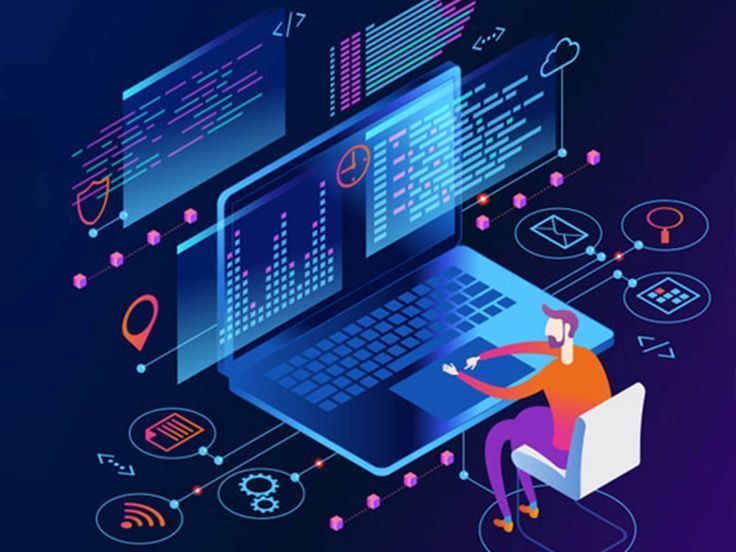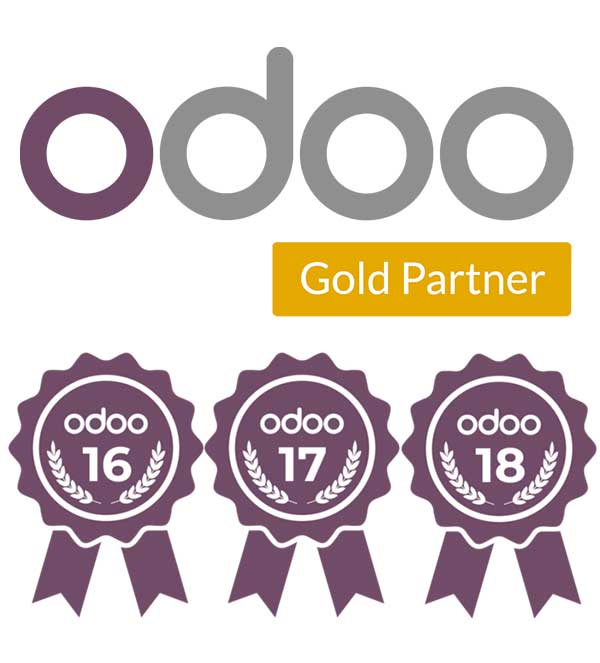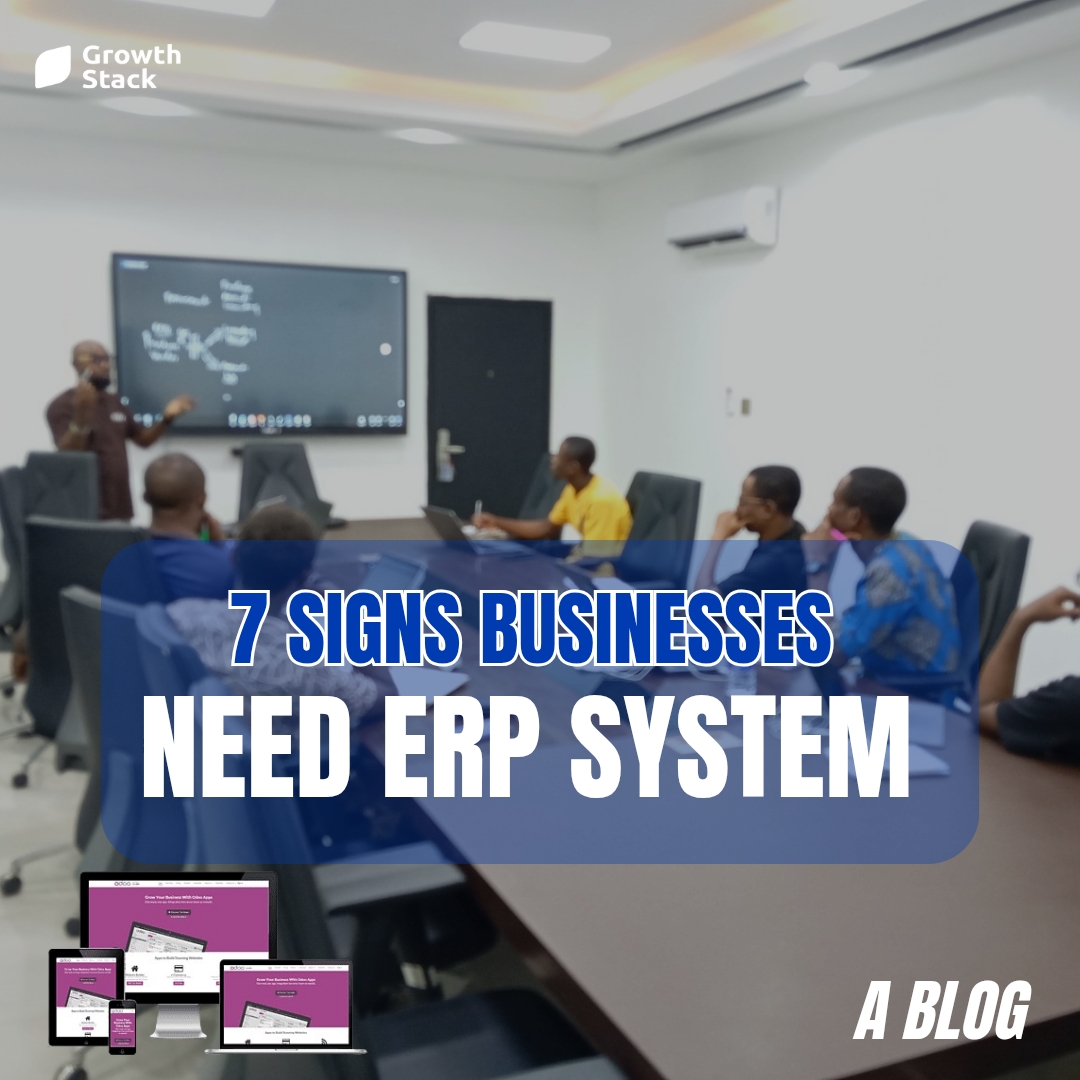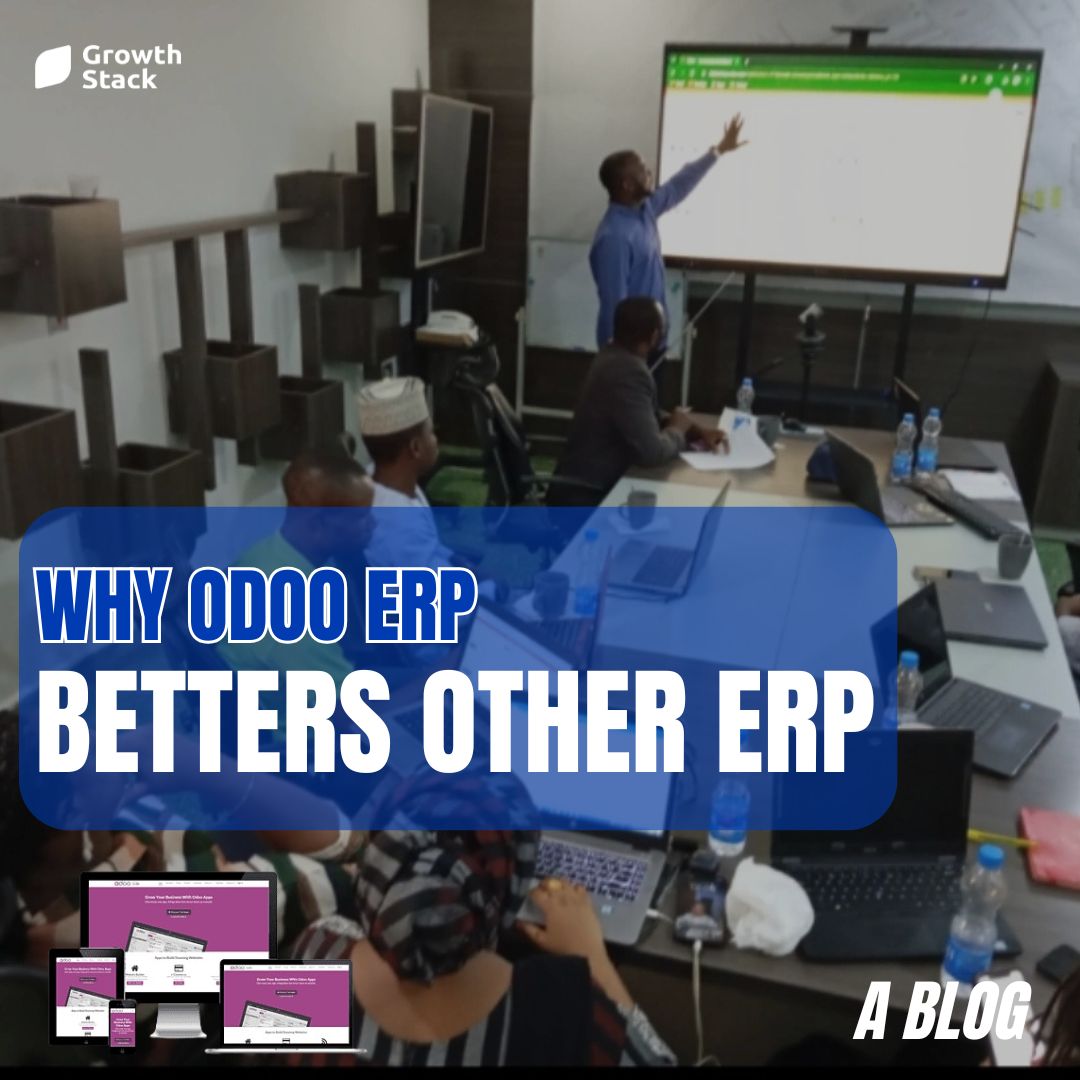Embracing Innovation and Efficiency
The way that firms manage their operations and resources has changed dramatically as a result of the evolution of enterprise resource planning (ERP) software over time. The future of ERP software promises even better efficiency, automation, and integration as technology develops. The future of ERP systems is being shaped by a number of new trends and breakthroughs, including cloud-based solutions, AI integration, intelligent automation, and improved user experiences.
ERP Cloud-Based Solutions: The use of ERP cloud-based systems
ERP cloud advantages include scalability and flexibility
Access to real-time data and enhanced cooperation
Infrastructure that is affordable and requires less upkeep
The role of AI in automating rote processes and decision-making in ERP software
Data-driven insights and predictive analytics for enhanced decision-making
Cognitive talents and automated intelligent processes
AI-powered chatbots for better user experience and customer service
Robotic Process Automation (RPA) with ERP integration: Intelligent Automation
streamlining routine processes and responsibilities
increased precision and less manual errors
improved operational effectiveness and resource management
Improved user encounters
contemporary and simple user interfaces
Dashboards that are role-based and personalized
Accessible mobile design and responsive design
Self-service options for partners, clients, and employees
The “Internet of Things” Integrating ERP systems with Internet of Things devices
Monitoring and collecting data in real-time
optimizing inventory control and supply chain management
Improvements to asset tracking and preventative maintenance
Blockchain Technology: Transparent and secure transactional data
Traceability and authentication of the supply chain
Automated processes and smart contracts
enhanced data security and integrity
Combination with Outside Systems:
seamless platform and application integration with external parties
Data exchange protocols and APIs
integrating business intelligence, e-commerce, and CRM software
Real-time updates and data synchronization between systems
Business intelligence and data analytics: sophisticated reporting and data visualization tools
Predictive and real-time analytics for making strategic decisions
Algorithms for pattern recognition and anomaly detection in machine learning
Actionable knowledge for process improvement and performance monitoring
In conclusion, ERP software has a bright future and enormous potential for companies in a variety of industries. Organizations are changing how they manage their resources, make choices, and achieve operational excellence thanks to cloud-based solutions, AI integration, intelligent automation, improved user experiences, IoT integration, blockchain technology, and advanced analytics. Businesses may stay ahead of the curve, spur innovation, and achieve new levels of efficiency and competitiveness in the fast-paced corporate environment by adopting these upcoming trends. Modern corporate operations will continue to be built on the foundation of ERP software, which enables firms to adapt, prosper, and succeed in the digital age.











